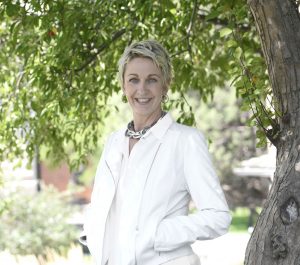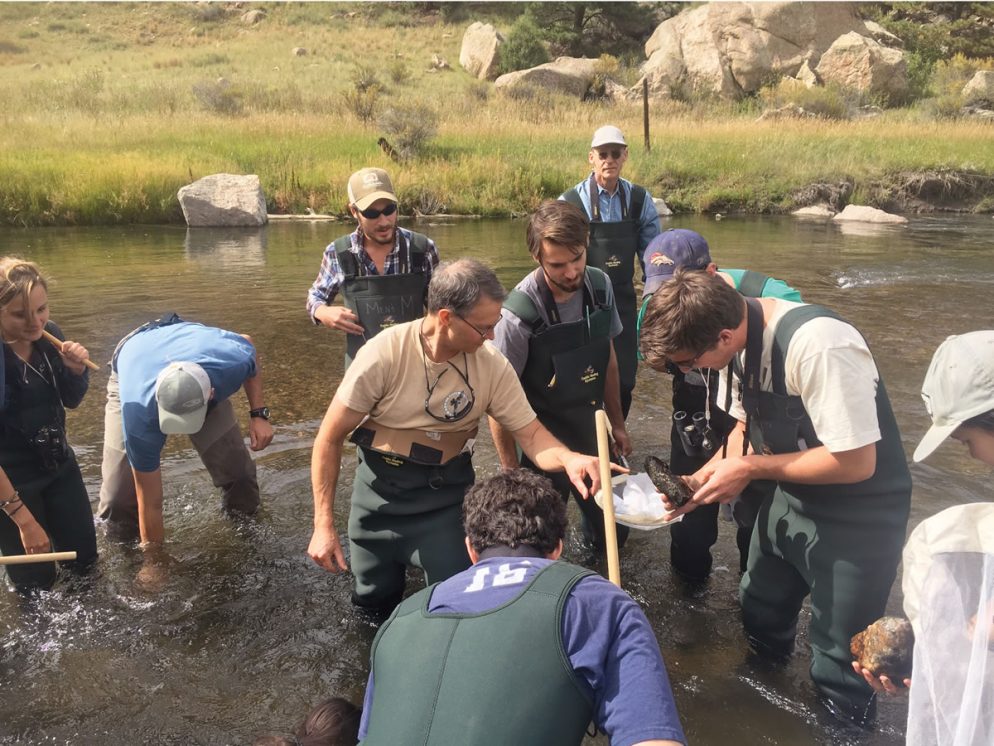 Dear Alumni, Parents, and Friends,
Dear Alumni, Parents, and Friends,
“Students felt more autonomous in classes where they participated in field trips. They also felt like they had more competence and that they formed a deeper connection with instructors and peers.”
This is one of the fascinating findings from the research of Heather Fedesco, our inaugural pedagogy scholar, supported by the Andrew W. Mellon Foundation. This past year, she spent time collecting and analyzing more than 1,600 survey responses from CC students, assessing over 300 courses. One thing is very clear from Fedesco’s analysis: Field study is beneficial for students.
Going into the field gives students opportunities to see the application of ideas introduced in the classroom, and it can be transformative. As a scholar with a research focus on student motivation and engagement, Fedesco’s role is to investigate the Block Plan’s distinctive outcomes. We will use her findings to continue to enhance and support what we do well, and we will share her findings and our experiences with others in higher education.
Short field trips can be found in science courses at other liberal arts colleges, but here at CC, the Block Plan’s immersion allows students to become field researchers. For example, in Professor Brian Linkhart’s Animal Ecology course on the Yampa River, students spend time engaged in original research, trapping and sampling fish populations and examining how they have changed over time. The field study in Linkhart’s classes yields impressive results. “Quite a number of students decide after a field study course that ‘this is what I want to do for the rest of my life,’ ” says Linkhart, associate professor of biology.
The Block Plan makes this type of learning possible. When students and faculty are committed to only one class at a time, field trips can be a significant part of the educational experience. As Fedesco says, here at CC, field study is the norm. “It’s a big reason why students come to CC, so we can show that it’s really valuable in terms of their learning experience. We have the data to show that now.”
Another thing we do especially well, thanks to our commitment to a residential liberal arts education and the Block Plan, is nurture close intellectual relationships between students and faculty. These relationships are a natural springboard for students and faculty to work on research projects during the summer. More and more of our students — some as early as their sophomore year — are undertaking collaborative research with faculty. Summer is a great time for this sustained work and we are doing more to encourage students to seize this opportunity to move ahead on their journey of professional and personal growth.
We are fully engaged in finding new ways to support the many opportunities made possible by the Block Plan, our nurturing community, and our special location. I hope you enjoy this issue that shares stories of this work.
With warm regards,
Jill Tiefenthaler
